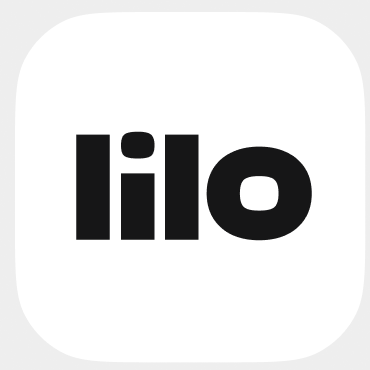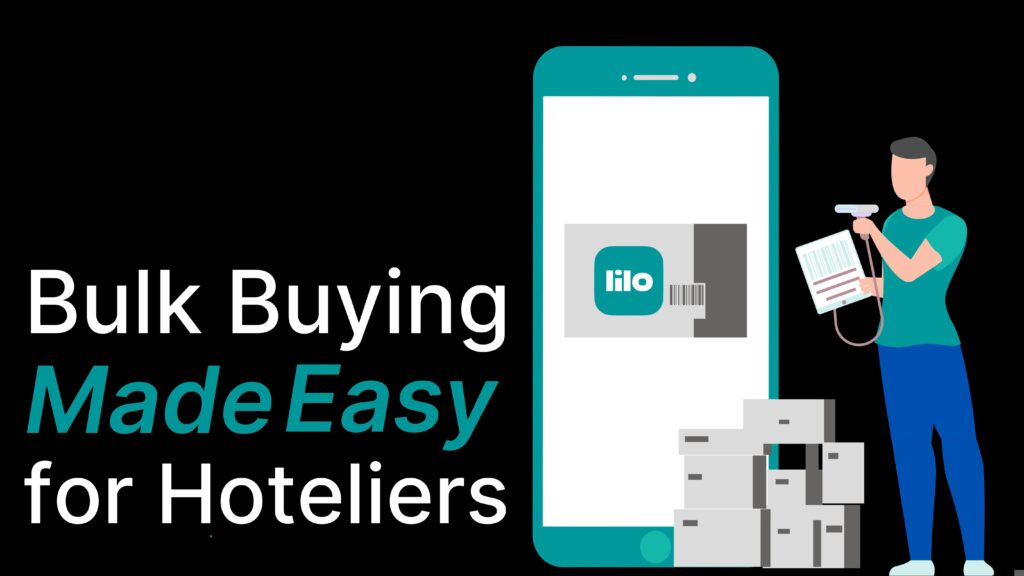The savings on hotel supplies vary depending on the vendor and the quantity you’re buying.
Generally, you can expect discounts ranging from 10% to 20%, sometimes even more, for larger orders.
These savings can be substantial, especially for frequently used items like hotel cleaning supplies, bathroom accessories, and personal hygiene products.
Are you considering bulk hotel supply orders for your hotel? Here are the frequently asked questions about bulk hotel supplies:
1. What is the Minimum Order Value to Purchase Bulk Hotel Supplies?
Typically, there is no minimum order value to buy hotel supplies in bulk. However, you do need to purchase the full case of a product.
For example, if you are purchasing guest room essentials like dental floss refills in bulk on Lilo, you would have the option to buy a case of 24 units or more.
The case size can vary depending on the product and brand – some might even have just one unit per case.
2. What if I run a Smaller Boutique Hotel? Does Bulk Buying still make sense for me?
Absolutely!
Boutique hotels with a shoestring budget and limited demand might not need as much of certain supplies compared to larger properties. But, buying in bulk can still lead to significant savings.
Every penny counts, and those little bottles of shampoo and fancy soaps add up fast.
3. Will Bulk Hotel Supplies be Cheap and Flimsy?
Not at all. Partnering with reputable hotel supply wholesalers like Lilo ensures access to high-quality products at competitive prices.
Avoid common supplier selection mistakes to ensure that cost savings on hotel supplies do not compromise guest satisfaction.
4. Which Factors Should You Consider Before Selecting a Hotel Procurement Company for Wholesale Hotel Supplies?
- Look for durable, well-made products that meet guest expectations and align with your brand reputation.
- Choose a hospitality procurement company with a diverse range of products from multiple vendors.
- Make sure the supplier can deliver on time, every time, especially for those last-minute emergencies.
- Take into account the availability of automated procurement, custom order guides, PAR level tracking (to help manage inventory), and financing options to streamline bulk hotel purchases from start to finish.
5. Is Managing Bulk Hotel Supplies a Challenge for Hoteliers?
It doesn’t have to be.
Procurement platforms like Lilo offer tools and resources to help you streamline your inventory management.
Real-time stock visibility and automated reordering options can save hoteliers a ton of time and ensure you never experience stockouts.
6. Won’t I Get Stuck With a Ton of Unused Supplies in the Short Term?
No, not necessarily.
Hoteliers need to accurately forecast demand to avoid overstocking.
Be sure to factor in seasonal spikes in usage and any upcoming events that might require additional supplies.
Hospitality procurement platforms like Lilo offer a variety of case sizes. This flexibility allows you to find a happy medium between maximizing your savings and overstocking.
7. Where Can I Find the Best Hotel Supplies for Bulk Orders in the United States?
Offering a comprehensive selection of hundreds of thousands of products from reputed brands, including toiletries, cleaning supplies, bed linens, towels, equipment, and more, Lilo Hotel Supplies caters to bulk purchases with ease.
8. Are there any Drawbacks to Purchasing Hotel Supplies in Bulk?
While the benefits of wholesale hotel supply purchases are clear, hoteliers should also consider potential drawbacks, such as:
- Storage space requirements: Do you have adequate storage space?
- Lead times: You need to plan your orders ahead of time to avoid potentially longer lead times.
- Wastage: Avoid overstocking perishable items.
- Cash flow: Bulk orders can tie up capital.
Careful planning and analysis can help mitigate these risks.
9. Which Supplies do Hotels Buy in Bulk Most Often?
- Guest essentials: Toiletries, bathrobes, slippers, coffee, tea, sugar, disposable cups, and laundry bags.
- Cleaning supplies: Cleaning chemicals, trash bags, paper towels, sponges, toilet brushes, and mops.
- Linens: Sheets, pillowcases, blankets, and bath towels.
- Disposable products: Toilet paper, facial tissues, and paper napkins.


